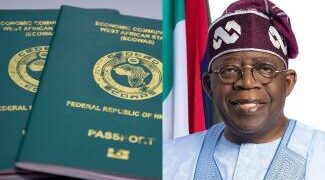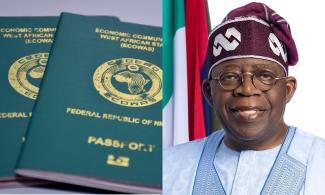Cryptocurrency giant, Binance, has announced its collaboration with the Nigerian government to eradicate activities that do not comply with the country’s regulations on its platform.
In a statement titled “commitment to P2P users in Nigeria” released on Tuesday, Binance cautioned that “users engaging in manipulative behavior will be removed from the platform.” The company emphasized its cooperation with local authorities, lawmakers, and regulators to address non-compliance issues.
The crypto exchange platform outlined several measures it is implementing, including setting an upper limit for ads, filtering and removing inappropriate ads, increasing deposits for merchants posting ads, and establishing procedures to address market manipulation.
On Tuesday, Binance took additional steps, such as disabling the sell option for Nigerian users, preventing them from selling fiat currency and capping the buy option at $1802. Furthermore, it suspended the purchase of cryptocurrencies via P2P for Nigerian users, leaving those seeking to sell assets like Bitcoin, BNB, and Ethereum via P2P transactions stranded.
These actions are seen as part of efforts by the Tinubu-led government to halt the decline of the naira against the dollar. Sources close to the Nigerian government have highlighted how cryptocurrencies provide a means for individuals to bypass the country’s efforts to boost dollar liquidity.
Speaking to Channels TV on Tuesday evening, Feb. 20, Ayo Oyalowo, a member of the APC’s presidential campaign council, criticized platforms like Binance for speculative activities, attributing fluctuations in the naira’s value against the dollar to their actions.
Earlier on Tuesday, the National Security Adviser, Nuhu Ribadu, instructed law enforcement agencies to take decisive action against individuals involved in foreign exchange market speculation. A statement from Mr. Ribadu’s office underscored the collaboration between the Office of the National Security Adviser and the Central Bank of Nigeria to address challenges affecting the country’s economic stability, including speculative activities exacerbating the depreciation of the Nigerian naira.




































